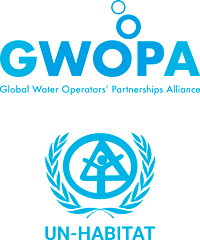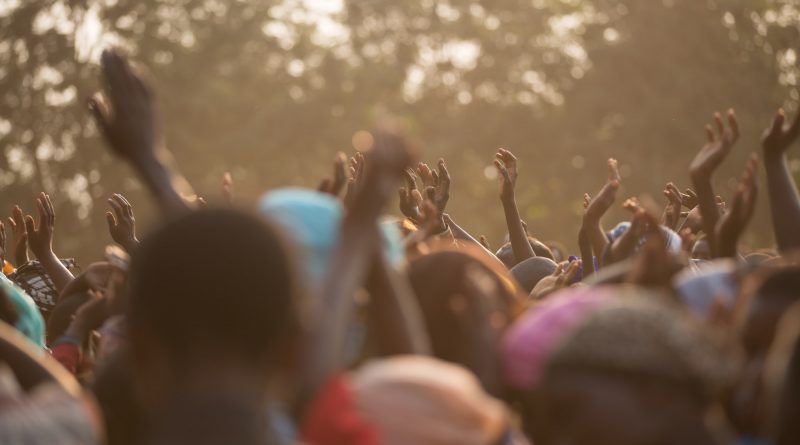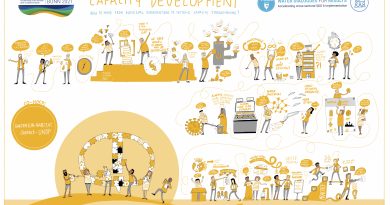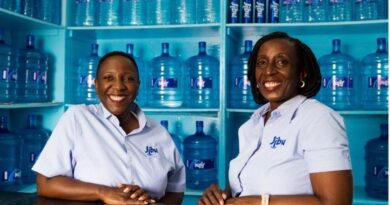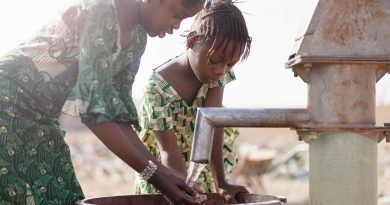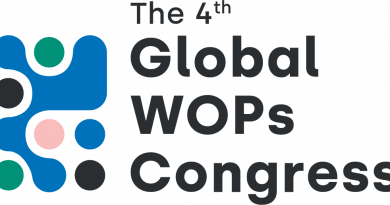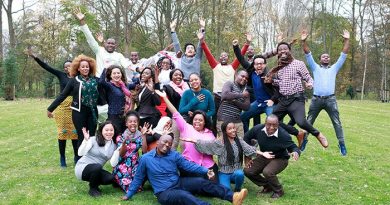The Impact of a WOP in Serving Low-Income Urban Communities in Ghana
With the support of WaterWorX and the World Bank, the Ghana Water Company’s Low-Income Customer Support Unit (LICSU) provided direct access to water services for over 12,000 households reaching out to over 750,000 people
As a young girl, Faustina Boachie and her sisters used to walk over three kilometres in search of water while growing up in Obuasi, Ghana, in the late 1980s. Later at university, she searched for water from affluent people’s homes as their family didn’t have their own private connection.
According to a 2018 LICSU baseline survey, about half of the 17 million urban residents in Ghana live in the so called Low Income Urban Communities (LIUCs), often serviced through third party vendors. Ghana Water Company Limited (GWCL) is responsible for potable water supply to all urban communities in Ghana, but only 30% of the LIUC residents have direct access to GWCL’s piped network.
Having experienced what not having direct access to piped water means, and what consequences it has, motivated Faustina to focus her efforts on improving access to water for the urban poor. She decided to join GWCL.
At that time, between 2006 and 2011, Aqua Vitens Rand (AVRL), a joint venture of the public Dutch company Vitens and the public South African company Rand Water, supported GWCL in a Water Operator Partnership (WOP) with the aim to improve operational performance and attract additional investments. The Dutch Water for Life (WfL) Foundation provided funding to extend service delivery to LIUCs, and the concept of community engagement in service delivery was introduced in the project.
AVRL attached a Customer Care Officer protégé, Faustina Boachie, to the Pro-Poor Water Supply Manager in 2009. Continuous WOP support from VEI and WfL created the needed momentum to elevate the protégé’s position to single person desk Pro-Poor Coordinator (PPC) in 2011.
Faustina expanded its network with major stakeholders including developing partners financing institutions, and NGO’s. The British WSUP further triggered GWCL to focus on tailor-made service delivery to urban poor and see them as viable customers of LIUCs. VEI continued to support this development during their EU Water Facility project on water quality assurance and regulation.
The successes led to the creation of GWCL’s specialised Low-Income Customer Support Unit (LICSU) in 2015. Faustina became the LICSU’s Manager, who developed and implemented policies, and created oversight on water services provision to urban poor.
In 2018, GWCL entered in a WOP with the Dutch WaterWorX Programme. With the support of the latter and the World Bank, the LICSU provided direct access to water services for over 12,000 households reaching out to over 750,000 people. The LICSU experiences were shared globally at various regional and international water conferences and platforms (e.g. IWA, AfWA, and WSUP).
LICSU became more organisationally embedded, having to report directly to the Managing Director of GWCL, and being able to raise funds from various sources. Service delivery to the underserved poor became a viable market.
Subsidised New Service Connections
Through the development of water user associations, community scorecards and serious engagement with consumers, the relationship and mutual understanding between GWCL and its (potential) low income customers have improved resulting in the provision of cost-effective services.

Registration for a subsidised new water connection in a LIUC of Accra under the WaterWorX project. Courtesy of GWCL and VEI
The LICSU Department is rolling out various subsidised new service connections. There is great interest for the LICSUs initiatives. Through its engagement with the low-income communities, its residents become new appreciative GWCL customers.
This required a paradigm shift at corporate level. This year, 2021, the GWCL Board of Directors transformed the LICSU into a full blown GWCL Department, making it clear that GWCL strives towards an inclusive water service delivery in which special attention is paid to serving the LIUCs. Now, ten years after the LICSU was put on GWCL organisational structure, Faustina has been promoted to the Chief Manager of the Department, working with a wide range of stakeholders such as the sector ministry, donors, citizens, and water operators to ensure more reliable, more affordable and safer water services to low-income customers across Ghana.
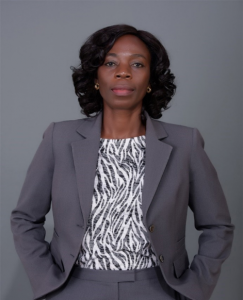
Faustina Boachie. Chief Manager LICSU (Ghana Water Company Limited). Courtesy of GWCL and VEI
Lessons Learned
- LIUCs deserve to be handled with care and support to enable GWCL to design and provide affordable, acceptable, and appreciated water services
- Good things do not come overnight. The establishment of the LICSU Department within GWCL took more than 10 years. Consistent and encouraging management is therefore a valuable asset to ensure tangible results.
- WOPs (like WaterWorX) are highly appreciated as a working model to bring about change within water service providers through its peer-to-peer interaction.
